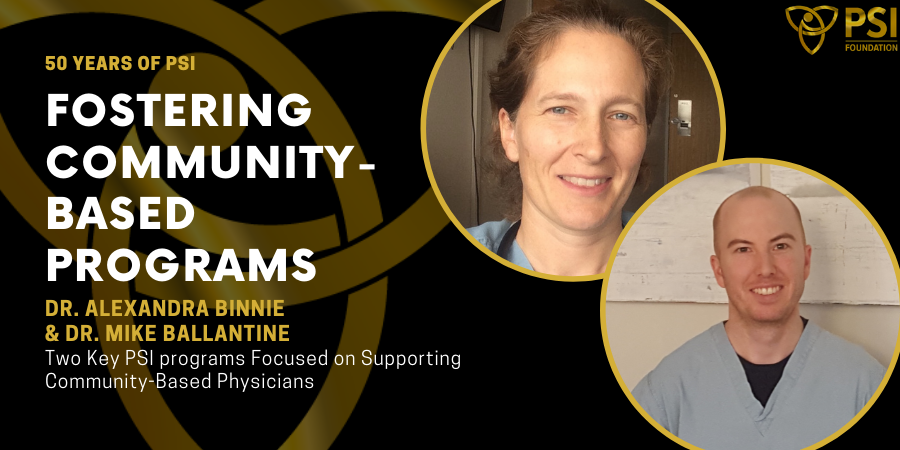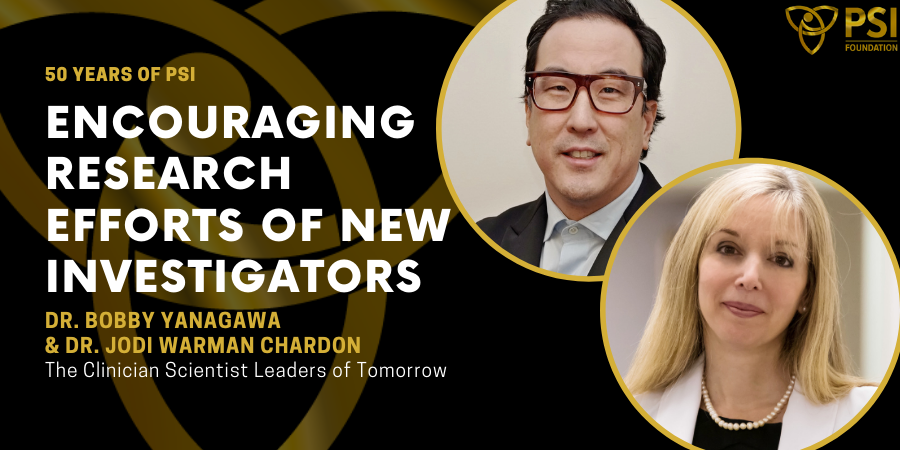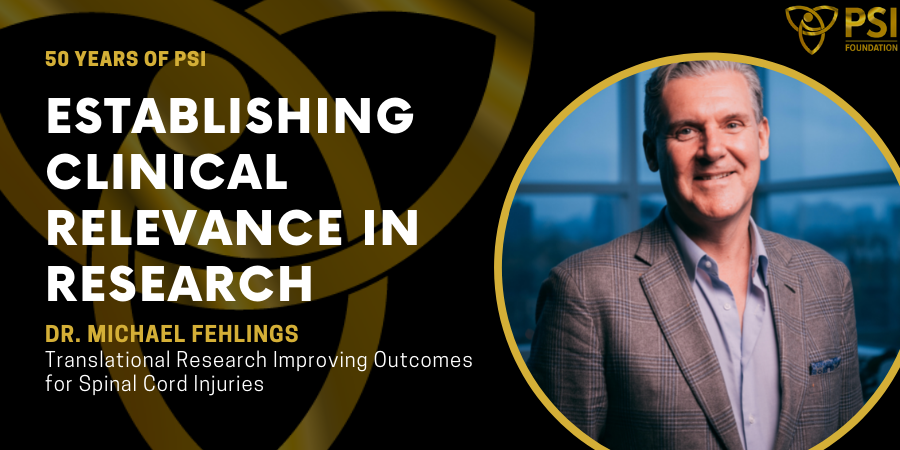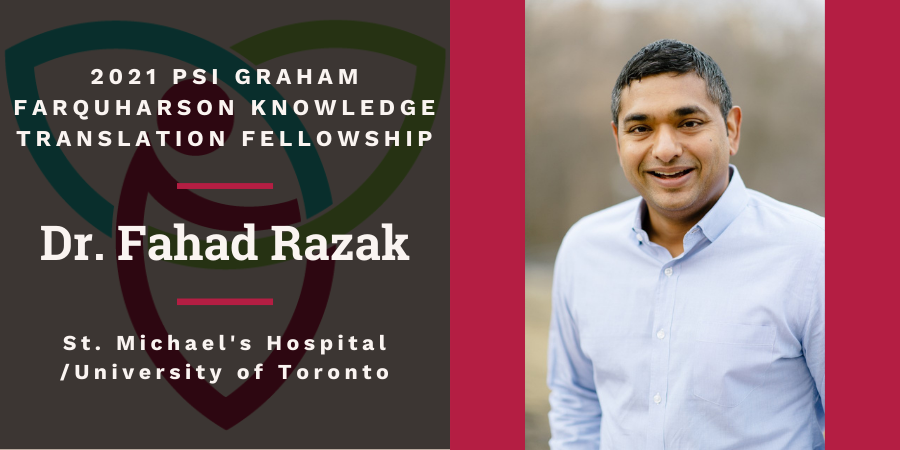The vast majority of health care research taking place in Canada is based at a limited number of large academic centres, even though most Canadians are cared for at community hospitals. Yet many community-based physicians are still interested in investigating specific questions related to their practice.
“You don’t have to practice medicine for very long to feel like it would be nice to be part of improving what we do rather just doing the same thing over and over again,” says Dr. Alexandra Binnie, an intensivist at William Osler Health Centre in Brampton. “And there are an impressive number of physicians who are willing to invest a lot of time doing it if they think it’s possible at their hospital.”
But these physicians often face several significant barriers in undertaking research, one of the biggest being financial. The research funding system in Canada makes it difficult for community physicians without an academic appointment to receive funding. PSI Foundation plays an important role in filling this niche with financial support for community physicians.
“PSI’s financial support of community research is both practical and symbolic,” says Dr. Binnie. “It places external value on that work, and it recognizes that people are doing very interesting things in community hospitals and they should be financially supported to do those things.”
This support mainly comes through the PSI Healthcare Research by Community Physicians grant, which supports community-based physicians to conduct research that reviews practice patterns and enhances their practice and improves patient care. The grant provides up to $250,000 for up to three years.
Dr. Binnie and co-principal investigator Dr. Jennifer Tsang, an intensivist at Niagara Health, recently received one of these grants to compare patient demographics and treatment approaches for COVID-19 at both academic centres and community hospitals. Because academic hospitals are typically in downtown urban locations, they may serve different a different patient population than community hospitals, and physicians at community hospitals may not apply results if they feel that studies don’t represent their patient population.
They will be using data from Critical Care Services Ontario about patients who were admitted to academic and community intensive care units with COVID-19 in 2020 to analyze whether there are significant differences in patient demographics and treatment approaches between the two types of centres. The COVID-19 pandemic presented an opportunity to study these differences with one disease.
Understanding any potential differences between academic and community hospitals will help researchers understand the current landscape and think about how studies are done moving forward. “There’s an argument that we can’t just confine research to a handful of hospitals that don’t represent the country and our patients as a whole,” says Dr. Binnie. “We need to expand our research footprint so that more physicians have access to research, and patients are better represented within these studies.”
Educational fellowships support specialized training for physicians in smaller communities
PSI also supports community-based physicians, especially those outside of major teaching centres, who want to undertake specialized training. The PSI Educational Fellowships covers the course fees and associated travel costs for training in a clinical skill that is lacking in the community.
Dr. Mike Ballantine is a physician based in Kincardine whose practice includes rural emergency medicine, primary care dermatology and occupational medicine. He has received two of these fellowships, in 2019 and 2020, which have provided financial support for specialized courses in occupational medicine through the University of Alberta.
Occupational health specialists are rare to begin with, even more so in the rural area where he practices. He was already working with suppliers to the region’s largest employer before taking the courses, providing pre-employment medical exams, injury management and medical guidance, but Dr. Ballantine says that the courses will provide him with specialized knowledge to improve his practice and network with other occupational medicine specialists. And the companies he works with appreciate having a local specialist.
“One of the main pieces of feedback I’ve had is how great it is that there’s a local resource who not only is able to provide the occupational medicine services locally but also has a much better awareness of the resources that are locally available,” says Dr. Ballantine.
He adds that it is important for PSI to support physicians in communities across the province. “Having an organization that is willing to focus on community health care and resources is hugely beneficial,” he says. “These courses have been very helpful to my career, and I’m appreciative of the support PSI has given me.”




